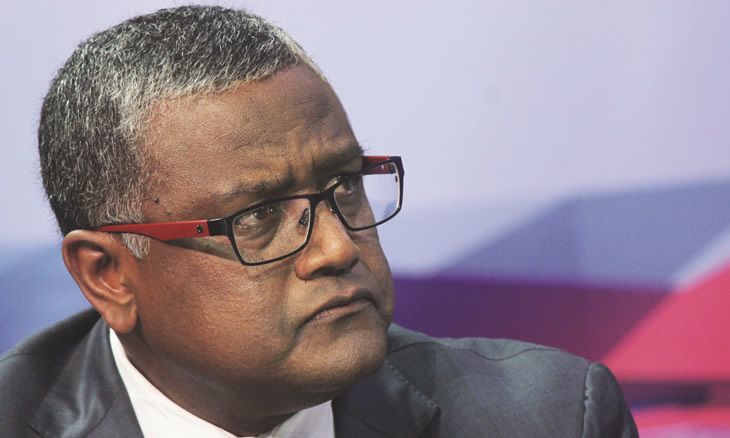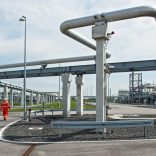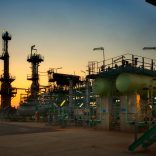Mozambique: Nacala gas-fired power plant project enters public consultation
Multidisciplinary team analysing capital gains in Chevron Andarko deal

Photo: O País
Soon after announcement of the sale of Anadarko to Chevron for US$33 billion, the Ministry of Mineral Resources and Energy assigned a team to study the capital gains aspect of the deal, which is seen as having great revenue potential for the Mozambican state.
Although the deal is being done outside Mozambique, part of Anadarko’s assets are in Mozambique, creating the possibility of capital gains tax being levied.
The price paid by Chevron for the purchase of Anadarko is high relative to its market price, so Omar Mithá, chairman of the board of directors of the National Hydrocarbons Company, sees the possibility of capital gains.
“It is necessary to see what historical cost is registered and the difference between market value and historical cost to define the capital gains to be taxed,” Mithá says.
Mithá does not assume that capital gains tax will inevitably be levied, but says that it will be up to the Mozambican Tax Authority, the Ministry of Mineral Resources and Energy and the National Petroleum Institute to decide the matter.
Therefore, the chairman of ENH, the business arm of the Mozambican state in the Hydrocarbons sector, concludes that capital gains are “an issue that has to be looked into, because the underlying asset belongs to the Republic of Mozambique”.
Mithá reminds us that this is not the first indirect sale with the potential for producing a capital gains windfall. “There was the case of MRV and other cases, which entered through other vehicles to buy an asset that the vehicle had in other fields,” he recalls.
Good deal for Mozambique
The timing of liquefied natural gas (LNG) exploration projects in the Rovuma Basin, Cabo Delgado province, will not change as a result of the sale of Anadarko to Chevron, the ENH chairman says.
The project engineering and other agreements will also remain intact, Mithá says. “Everything is arranged, and the boat has sailed.” What changes, and that for the better, is the perception of business risk.
According to Mitha, Chevron is a financially robust partner – one of the world’s largest oil producers, with experience of developing LNG projects in Australia.
“This acquisition, according to some forecasts, will take Chevron beyond even Shell in the next four years. Of course, we shall have to wait and see,” Mithá says.
The entry of Chevron means two LNG industry giants are operating in the country. Alongside Exxon Mobil, Chevron makes a pair of large foreign companies interested in investing in Mozambique.
By Clemêncio Fijamo












Leave a Reply
Be the First to Comment!
You must be logged in to post a comment.
You must be logged in to post a comment.